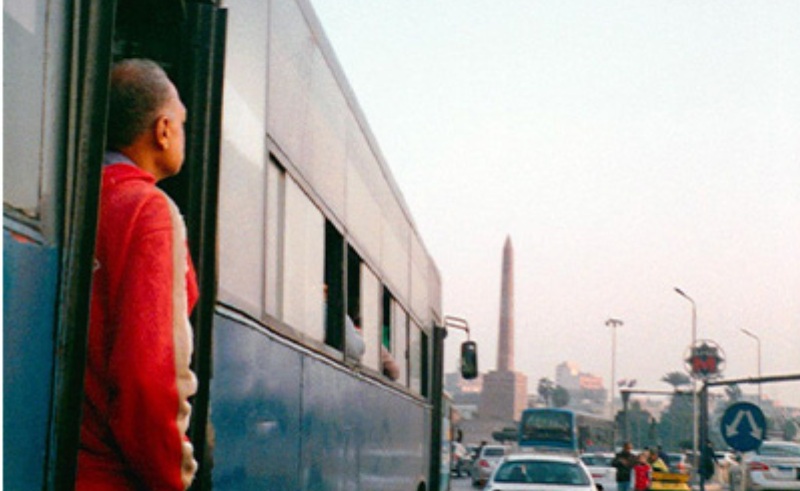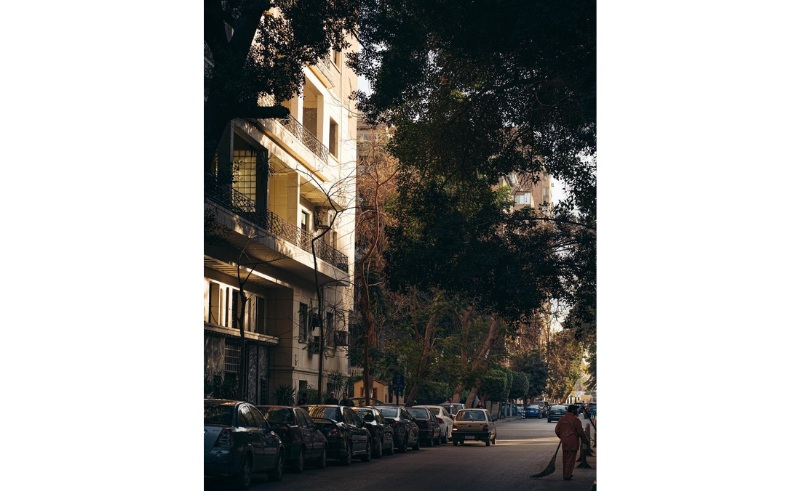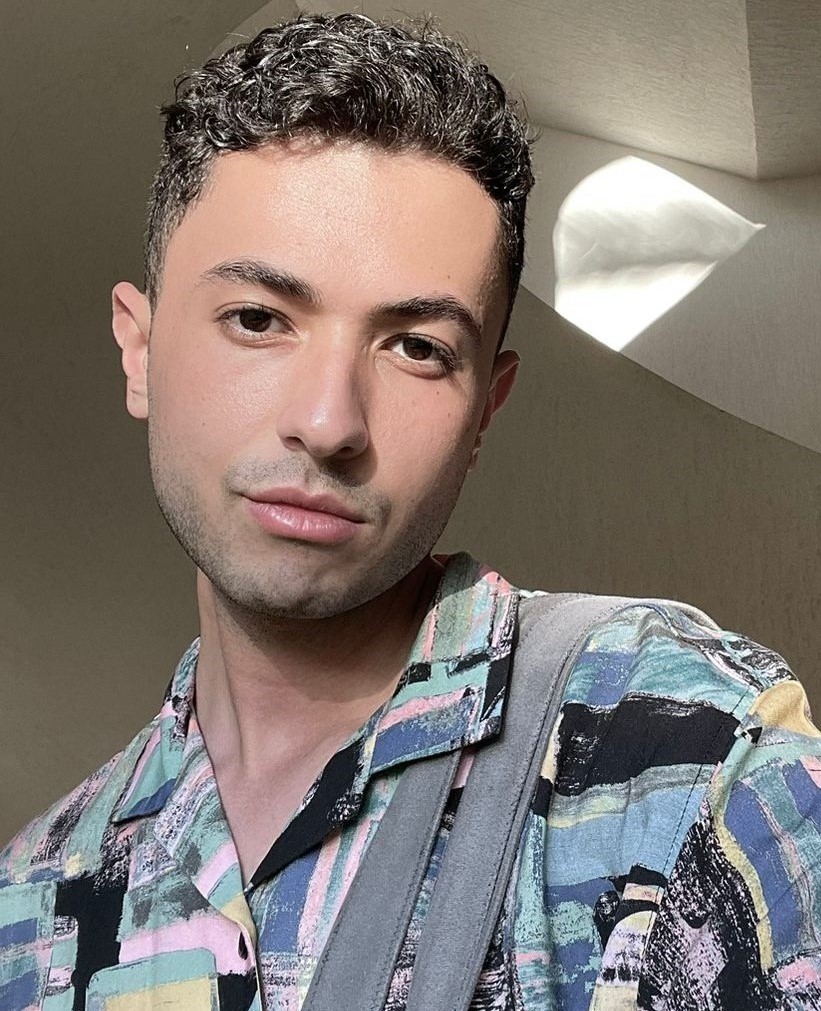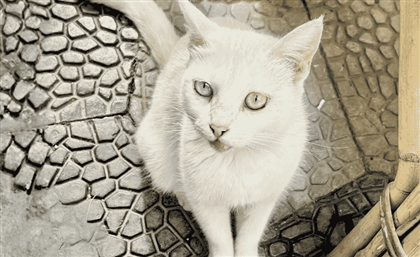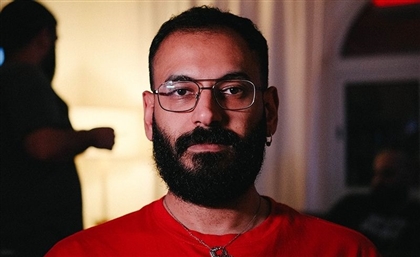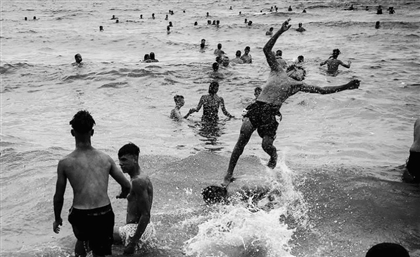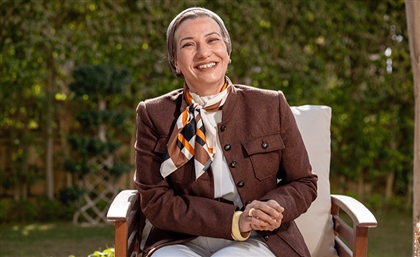Sights, sounds, and stories of ordinary Egyptians, these quotes from Egyptian authors draw straight from the streets of Cairo.
Originally Published on May 16th, 2024
The notion of home goes far beyond the material. For millions of Cairenes and Egyptians, the streets crossed and paths trodden on the daily are simply that, home - not a perfect one perhaps, but home nonetheless. A polarizing metropolis, Cairo has long been a melting pot of juxtaposing cultures, which while often exciting, can easily overwhelm those thrust into its nonstop intensity.
Across many acclaimed novels set in Egypt's capital, homegrown authors have long provided vivid portraits of its daily urban rhythms. Capturing both the calm and the chaos within the city’s entangled web of alleys and thoroughfares, speckled with nonchalant pedestrians and perpetually honking vehicles, these quotes from novels by Egyptian authors echo the very thoughts that one’s mind may conjure up in the streets of Cairo…
If An Egyptian Cannot Speak English | Noor Naga
Photo Credit: Seif Amro
“Compared to New York, this is a real place where real things happen. Not microaggressions that are tweeted about, not theory; these are adult aggressions, bodily, bloodying… It’s sensory overload with nowhere to hide.”
To put it quite simply, ‘If An Egyptian Cannot Speak English’ is not a novel for the faint of heart. A daring dissection of a side of Cairo often well-hidden from the world, Naga’s debut novel follows two unnamed characters - an American woman with Egyptian roots, and a boy from Shobrakheit - whose contrasting lives intertwine in the most emotionally visceral of ways. Both fearless and ferocious, with each chapter Naga asks questions that dare to challenge the very fabric of Egyptian society. But it is the titular question that poses the most intrigue, if an Egyptian cannot speak English, then who is telling this story?
A Pure Heart | Rajia Hassib
Photo Credit: Seif Amro
“She needed to walk the Cairo streets at the time she loved them most: early on a Friday morning in October, when the summer’s heat had finally subsided, replaced by a crisp breeze just cool enough to sting her nose, when the sprawling city was mostly still sleeping.”
An emotional and poetic account of two Egyptian sisters whose lives diverged into polar opposite paths, ‘A Pure Heart’ by Egyptian-American author Rajia Hassib follows Rose Gubran, a New York-based Egyptologist, as she returns to Egypt following her sister’s murder in a suicide bombing. A novel on fate, faith and identity - past and present -Hassib dissects Egyptian society post-Arab Spring, holding it in contrast to Ancient Egypt.
The Map of Love | Ahdaf Soueif
Photo Credit: Fares Zaitoon
“What is Egypt's strength? Her resilience? Her ability to absorb people and events into the pores of her being? Is that true or is it just a consolation? A shifting of responsibility? And if it is true, how much can she absorb and still remain Egypt?”
A tale of both romance and politics, ‘The Map of Love’ - which is arguably Ahdaf Soueif’s most popular title - presents itself in two alternating timelines tracing the politically-entangled love affairs of its two main protagonists. The novel presents and contrasts two different Egypts, one lost to the past, and one finding its present.
These Impossible Things | Salma El-Wardany
Photo Credit: Amr Fayek
“You can never call Cairo quiet, but in the morning, at 5:30, when the day has just cracked itself open across the city. It is not busy and ‘not busy’ is the closest Cairo will ever get to quiet.”
A coming of age novel following three best friends discovering what it means to reconcile one’s identity with expectations placed upon them by society, ‘These Impossible Things’ by Salma El-Wardany does not veer away from the bold. While the novel itself does not necessarily revolve around Cairo, El-Wardany does not miss out on the chance to describe Cairo in the way we would like to see it more often.
Cairo Circles | Doma Mahmoud
Photo Credit: Ismail Thabet
“On the surface, Cairo was a shock to the unaccustomed eye. Buildings originally painted in different colors were covered with so much dust that they had evolved into similar shades of grim. Drivers swerved in and out of lanes with no regard to order, honking every few seconds for no reason, as if to contribute to the mandatory peep peep peep that never ceased. ”
Following the lives of six Egyptians over the course of a decade, ‘Cairo Circles’ is a literary ode to Cairo. At its core, the novel is a study on classism in Egyptian society reflected in its diverse cast of characters.
The City Always Wins | Omar Robert Hamilton
Photo Credit: Karim Amr
“Cairo is jazz. Not lounge jazz, not the commodified lobby jazz that works to blanch history, but the heat of New Orleans and gristle of Chicago: the jazz that is beauty in the destruction of the past, the jazz of an unknown future, the jazz that promises freedom from the bad old times.”
A lyrical and politically disruptive work of fiction by Omar Robert Hamilton, an American-Egyptian novelist and filmmaker who just so happens to be Ahdaf Soueif’s son, ‘The City Always Wins’ follows Mariam and Khalil during the events of the 2011 revolution, providing an intimate insight into the lives of those who risked theirs for a better future. Poetic in its nature, the novel beautifully paints a picture of Cairo as one would hope to see it.
The Oud Player of Cairo | Jasmin Attia

Photo Credit: Matt Moyer
“Kamal Abd El Malak loved Egypt the way a man loves a woman. He loved her from her blue Mediterranean north to her green lush south… But most of all he loved her Cairo, its beating heart of music and dance and poetry and scholars and films and cars and buses and vendors.
He loved the ma'asil tobacco that the coffeehouse waiters packed into the hagara and the percolating sound of the shisha. He loved the scent of coffee boiling in a kanaka every morning in his kitchen; the warm pita that when torn open let out a cloud of bready steam; and he loved his first daily bite of hot fava beans seasoned with lemon, oil, red pepper flakes, and cumin.”
Carrying the reader along on a journey to mid-20th century Cairo, Egyptian-American author Jasmin Attia's debut novel, ‘The Oud Player of Cairo’, tells the story of Laila, a young Egyptian woman who defies societal, cultural, and religious norms to become a singer and musician in post-colonial Egypt. The novel’s opening paragraph, quoted above, begins the tale from the perspective of the protagonist’s father, and reflects Attia’s love for the country from which she hails. Although the novel takes place in the early 1900s, the Cairo described above is a Cairo that can be witnessed today.
Anatomy of a Disappearance | Hisham Matar
Photo Credit: Yasmine Sadek
“Deeper into the city, the streets tangled. Cairo was almost fully awake. I tried not to let the swollen pavements, the choked lanes, unnerve me.”
An intriguing novel by Libyan author Hisham Matar set in Cairo, ‘Anatomy of a Disappearance’ is a classic work of fiction that will keep you on the edge of your seat. Reflecting its protagonist’s state of mind, Matar describes Cairo in all its unapologetic and unchangeable chaos.
Blue Lorries | Radwa Ashour
Photo Credit: Tasneem Ehab
“I left Cairo with so much heavy baggage, I don’t know how I was able to carry it.”
A dissection of late 20th century Egypt, Radwa Ashour’s ‘Blue Lorries’ is an emotional literary foray into the lives of those who veer off the path of convention.
